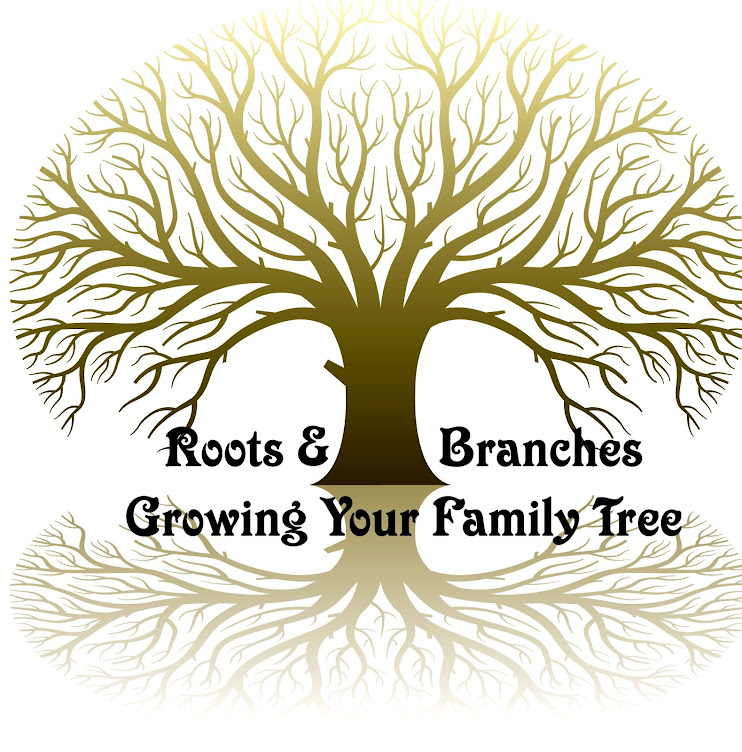How to Find a Lot of Personal Information about Anyone
Subtitle: How Anyone can Find a Lot of Personal Information about You
NOTE: This article is being cross-posted both here and in my new Privacy Blog as this subject seems applicable to both.
 Numerous
online sites have been available for years that sell personal
information about you or about anyone else in the United States.
However, one site seems to take this “service” to new heights: InstantCheckmate.com. The service isn’t free, but it is low-cost. The service is available to anyone with a credit card and an Internet connection.
Numerous
online sites have been available for years that sell personal
information about you or about anyone else in the United States.
However, one site seems to take this “service” to new heights: InstantCheckmate.com. The service isn’t free, but it is low-cost. The service is available to anyone with a credit card and an Internet connection.Instant Checkmate collects and sells an amazing amount of information about U.S. residents, including criminal records, court appearances (even where the person was judged innocent or if the case was dropped), charitable contributions, sex offender databases, information you provided on social media sites (Facebook, Twitter, LinkedIn, and many more), professional and business licenses, real estate transactions, and even appraisals of real estate owned, voter registration records, employment records, marriage records, birth records (including birth records of the children of the person in question), residential addresses, and more.
When I did a search on my own name, Instant Checkmate found all sorts of information about me, including my FAA-issued pilot’s license.
Question: Do you want others to know all about you?
So where does Instant Checkmate obtain all this information? The answer is “from legal sources as all of it is collected from public records.” If you post information or a picture of your newly-born child on Facebook, that information is available to everyone, including to Instant Checkmate and other companies that collect personal information. Court records are public, as are real estate transactions, birth records, marriage records, death records, and much more.
NOTE: There may be a
discussion about birth and marriage records. Some government agencies
may restrict access to governmental records of births and marriages for a
number of years, but anyone can still legally obtain the same
information from newspaper announcements and other sources. Some states
even restrict access to the states’ death records, but funeral homes
usually submit the same information to newspapers and to Legacy.com and
other publishers of obituaries. Anyone, including Instant Checkmate, may
legally obtain the information from these publicly-available sources
even without access to government records.
As you might expect, obtaining a report from Instant Checkmate costs money. However, there appears to be no way of obtaining a single report for a one-time fee. Instead, Instant Checkmate requires the user to sign up for a subscription. That is, the user gets charged every month and, in return, can obtain a number of reports about different people every month. The monthly fees are:
$22.86/month provides reports about an unlimited number of people for one month.
$14.86/month provides reports about an unlimited number of people for 3 months.
$9.86/month provides reports about an unlimited number of people for 6 months.
“To get unlimited reports, select a
one-month membership for $22.86, a three-month membership for $44.58
($14.86/mo), or a six-month membership for $59.16 ($9.86/mo). Your
membership will automatically renew for the same term unless you cancel
before the start of the next term. Instant Checkmate will charge the
recurring membership fee of $22.86, $44.58, or $59.16 (depending on the
membership option you select) to the same card you use today until you
cancel. To cancel, call 1-866-490-5980 24 hours a day.”
“Your five day $1.00 trial lasts until [5
days from today]. If you would like to cancel before the trial ends, you
may do so for any reason and you will not be charged again. Simply call
1-866-490-5980 to speak with one of our Customer Service
Representatives 24 hours a day. Otherwise, your trial membership will
end on [5 days from today], at which time you will be charged the
standard monthly rate of $29.63. Your membership will automatically
renew every 30 days thereafter until you cancel.”
So… If I sign up now, Instant Checkmate will charge my credit card every month forever and ever until I call them on the phone to cancel? Does the company make it easy for a caller to cancel? Or are they like AOL, which makes it almost impossible to cancel? I have no experience with Instant Checkmate, but I well remember the experience with AOL: being routed all over the company by transfers from one department to another, listening to music on hold for extended periods of time, and eventually being sent to voice mail from which I never received a call back.
Again, I have no experience with Instant Checkmate. However, based on my previous experiences with other companies that make it almost impossible to cancel an automatic renewal on my credit card, I am always suspicious. I gave Instant Checkmate a “virtual credit card number” that allows for a maximum charge of $30 and also expires next month. The company will not be able to renew the charge without my approval. You may or may not want to do the same.
NOTE: I will write in the
near future about how to easily obtain a “virtual credit card number”
that expires on the date that you specify and will have a maximum charge
amount that you specify.
I certainly am not comfortable with the fact that all my information is available to anyone who can spend $22.86. How about you?




 I am sad to report that the decision has been made to discontinue The Master Genealogist (“TMG”).
I am sad to report that the decision has been made to discontinue The Master Genealogist (“TMG”).